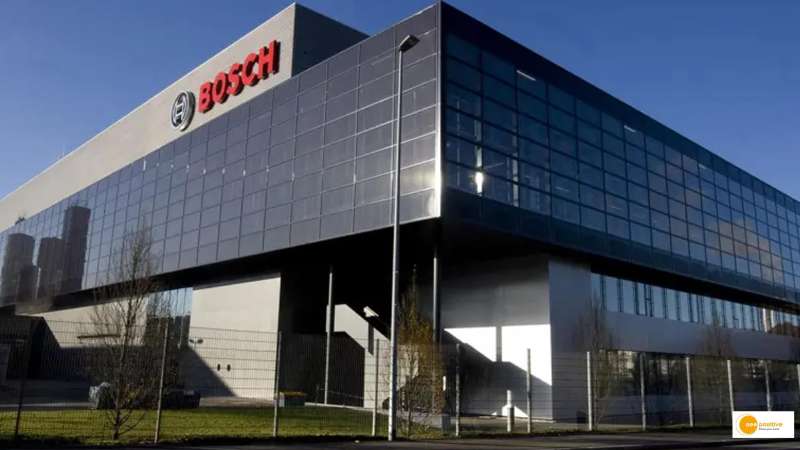

Not only does Bosch India’s mobility plant in Bidadi save water, but it also saves resources that would otherwise have generated 300 truckloads of waste, resulting in 58 truck trips around the world.
At a time when organizations are considering Industry 4.0 as a sustainability goal, Bosch India has redefined the otherwise modern definition through its collaboration with CHEP. Bosch India’s latest drive at its Bidadi plant has resulted in water savings equivalent to more than five Olympic swimming pools. A 50-metre-deep Olympic-size
swimming pool holds 2,500 cubic metres of water; this equates to a savings of 12,705 cubic metres at the Bosch plant.
Utilizing CHEP’s Packaging Solutions
Bosch India has saved 2,435 tonnes of CO2 emissions and 2,701 tonnes of waste by utilizing CHEP’s Packaging Solutions. For the curious, this is the equivalent of 58 truck trips around the world for 300 truckloads of waste. Bosch India, which recently received a CHEP Environmental Certificate for Excellence in Sustainability, benefits from mobility, industry 4.0 solutions, and carbon-neutrality technologies. The savings also allow Bosch to take proactive steps to improve India’s efficient, flexible, and sustainable manufacturing. In addition to increasing competitiveness, such measures enable businesses to respond to volatile supply-demand changes.
Bosch India’s Most Recent Sustainability Initiative
The impact of sustainable thinking has an impact not only on local industries but also on employees. Bosch India, founded in 1951, employs over 31,000 people across 16 manufacturing sites and seven application and development centres. Aside from being a leading provider of technology and services. Mobility Solutions, Industrial Technology, Consumer Goods, and Energy & Building Technology are also areas of focus for Bosch.
Bosch India’s most recent sustainability initiative is powered by CHEP, a global pallet and container pooling service provider. CHEP, the architect of Bosch’s recent sustainability success, enables organizations to do more with a pragmatic business model in an environment where sustainability and mobility are equally important for industries. The invisible backbone of the global supply chain is formed by CHEP pallets, crates, and containers. Sharing and reusing pallets and containers allows the world’s largest brands to transport goods not only efficiently but also sustainably, which is an urgent need.
CHEP Platforms & Circular Economy
CHEP platforms are rented to customers and then collected, inspected, repaired, and returned to the supply chain in accordance with the principles of the circular economy. This creates a more sustainable and efficient supply chain by reducing demand for natural resources and waste while relieving customers of pallet management duties. CHEP and Bosch’s collaboration has broken the link between consumption and environmental harm, with society putting less strain on natural resources.
The Use of Life Cycle Analysis (LCA)
Through a commissioned third-party independent expert, RCD Environment, CHEP uses Life Cycle Analysis (LCA) to fully comprehend their products’ environmental footprint and quantify the environmental benefits of the system. The LCA is a standardized, science-based tool for evaluating a product’s environmental impact throughout its life cycle, which includes raw material extraction and processing, manufacturing, distribution, use, recycling, and final disposal. When compared to market alternatives, CHEP pallets and returnable packaging solutions such as crates and inserts have the lowest environmental impact in all categories. Plastic containers and crates that can be reused protect against potential damage during transportation. Reusable plastic containers also allow for greater cube utilization of ocean containers due to their higher stacking height.
Also Read: Switch Mobility unveils electric bus platform EiV12 with 500 km range and many more facilities


